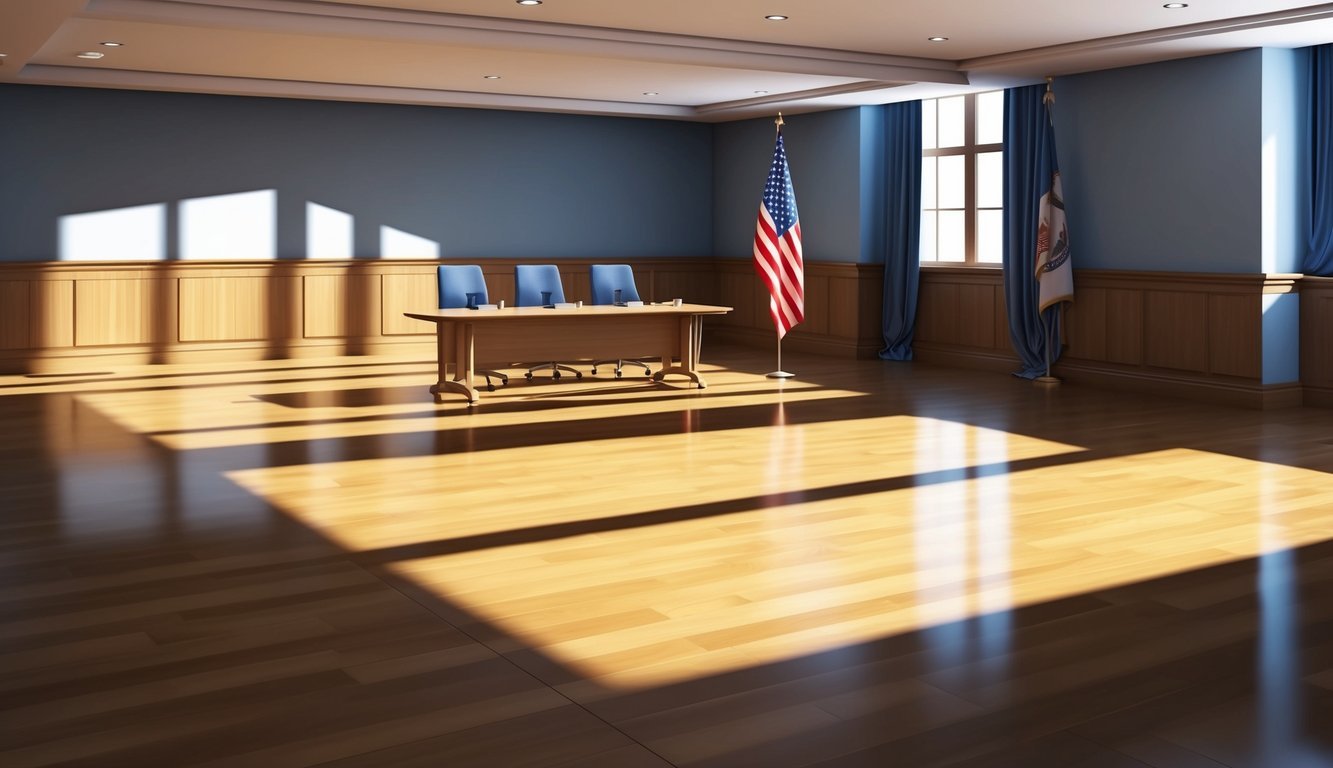
On Tuesday, President Donald Trump made a pivotal move by signing an executive order that effectively pulls the United States out of both the United Nations Human Rights Council (UNHRC) and the United Nations Relief and Works Agency for Palestine Refugees in the Near East (UNRWA). This order also initiates a review of America’s role within the United Nations Educational, Scientific and Cultural Organization (UNESCO).
Details of the Executive Order
Although the full details of the executive order were not immediately available, a video posted on the president’s social media platform featured Will Scharf, the White House Staff Secretary, explaining the rationale behind the order to Trump. Scharf underscored the intention to stop U.S. involvement in the UNHRC and UNRWA, citing repeated actions by various UN entities that demonstrated a clear anti-American bias. Furthermore, he indicated that the order would scrutinize U.S. ties to UNESCO, which has similarly been perceived as biased. The directive also calls for a comprehensive assessment of U.S. funding within the UN framework, highlighting inconsistencies and perceived unfairness in how member countries contribute.
Reactions and Implications
Responding to the order, Trump expressed a combination of optimism and frustration regarding the UN’s capabilities. He acknowledged the organization’s potential but lamented its inability to effectively address ongoing international conflicts. He pointed out that the UN has struggled to solve key issues for an extended period, emphasizing that resolving such conflicts should be at the heart of its mission. While Trump remains open to future engagement with the UN, he insists that meaningful improvements in its operations are essential.
Established in 2006, the UNHRC serves as the leading global platform for promoting and protecting human rights. The council’s responsibilities include initiating dialogue on difficult human rights matters, passing resolutions that reflect global perspectives, and creating procedures to confront rights abuses. The U.S. has had a tumultuous relationship with the UNHRC; it previously left the council in 2018 during Trump’s tenure but returned under President Biden in 2021. Notably, when Trump signed his executive order, the U.S. was not a member of the council.
Amanda Klasing, the Director of Government Relations and Advocacy at Amnesty International USA, criticized Trump’s decision as a superficial gesture. She argued that this withdrawal indicates a dismissive attitude toward human rights rather than a legitimate rejection of the institution’s purpose. Klasing contended that such an approach does not contribute positively to global human rights efforts, including those within the United States.
Role of UNRWA and UNESCO
The UNRWA, founded in 1949, is tasked with providing educational, healthcare, social, and emergency relief services to Palestinian refugees in regions such as the West Bank, Gaza Strip, Jordan, Lebanon, and Syria. It has become a focal point of controversy; proponents highlight its crucial humanitarian work, while critics raise concerns about operational effectiveness, especially following the events of October 7, 2023, when Hamas launched an attack on Israel that resulted in significant casualties and escalated conflict.
Meanwhile, UNESCO is renowned for its role in promoting international cooperation in education, science, and culture, with its World Heritage Sites program being particularly well-known. Historically, U.S. engagement with UNESCO has fluctuated; after withdrawing in 2017 over perceived bias against Israel, the country returned in 2023 under the Biden administration.
This new executive order fits seamlessly into Trump’s overarching “America First” doctrine, which prioritizes national interests above international agreements. On his first day back in office, Trump instructed the State Department to prioritize core American interests, reaffirming his commitment to centering U.S. citizens in foreign policy decisions. His recent presidential campaign frequently touched on doubts concerning the effectiveness of U.S. involvement in addressing global issues, a theme that resonates with his current actions.
Source: Jurist

